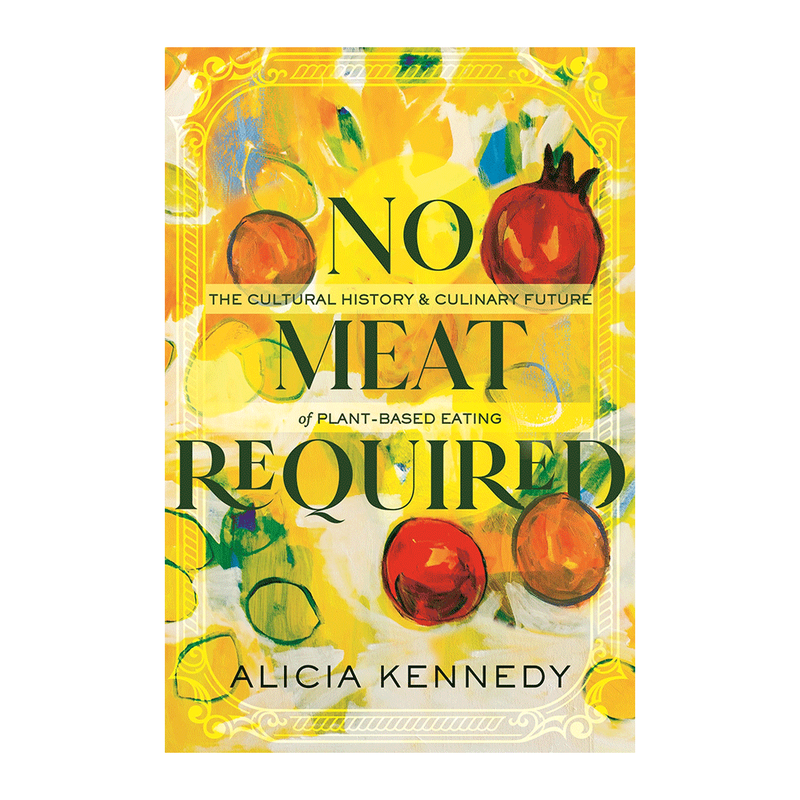Nutritionist and best-selling author Rhiannon Lambert explains what being plant-based really means, how we can add more plants to our diet and why they are so important for our gut health
What is your philosophy around food and plant-based eating?
My philosophy is simple - food is there to be enjoyed. I believe that to have a healthy relationship with food, you should enjoy everything in moderation. This means eating foods that are nourishing and good for the soul. This comes in the shape of getting a wide variety of plants into my diet, but it also includes a dessert and some sugar! I make conscious choices to be very careful about the animal product that my family and I consume but I respect that everybody is different, and our bodies really are as unique as our personalities so each of us should strive to eat in a way that works for us individually. I am a strong believer in finding ways to incorporate more plants into our diets, not what foods we can take out.
Are there quick and easy ways we can get more plants into our diets?
Add a variety of fruits and vegetables to each meal, aiming to fill half of your plate with them. This could include adding a handful of berries to your morning cereal and having a side of vegetables with lunch and dinner.
Swap out processed snacks with whole fruits or veggies, such as carrot sticks with hummus or an apple with nut butter. You could also consider incorporating plant-based protein sources like beans, lentils, tofu, or tempeh into meals in place of meat a few times a week.
Current research suggests that consuming 30 different plants a week can be incredibly beneficial for our gut health, and therefore overall health. Spices, legumes, beans, whole grains, fruits and vegetables all count towards this goal. To help me reach 30 a week, I will always have cans of beans and pulses such as chickpeas, butter beans and lentils in my cupboard. Tinned vegetables shouldn’t be avoided, they provide you with all the nutrients you would receive from their fresh counterparts and cost a fraction of the price! I love throwing these into a simple chickpea and vegetable curry. This meal can provide up to half of the weekly plant count, and ensure we are consuming a vast array of nutrients.
How can plants enrich our gut health?
Plants, particularly fruits, vegetables, whole grains, legumes, nuts and seeds, are rich in dietary fibre, which acts as fuel for the beneficial bacteria residing in our gut, promoting their growth and diversity. This, in turn, helps maintain a healthy and balanced gut microbiome, which is crucial for digestion, nutrient absorption and immune function.
Some plant foods including garlic, onion, oats, flaxseeds and apples are a good source of prebiotics – which are nutrients that aid your gut bacteria to grow. Think of it as food that feeds the microbes in your gut. Plants are also abundant in phytonutrients, including polyphenols and flavonoids. These phytonutrients are understood to promote the growth of the beneficial bacteria in the gut, keeping the gut microbiome balanced and healthy.
Can you tell us about your new book, The Science of Plant Based Nutrition?
Since I became a mother, the future of the planet is ever more so at the forefront of my mind and having delved deeper, I believe that perhaps with my voice I can help educate and empower people to make a choice that may be more beneficial for their health and that of the planet. However, I also noticed that there is a huge media misconception regarding the definition of plant-based diets. Everywhere I look I see plant-based being used interchangeably with the word vegan when they mean different things. Being plant-based simply means getting more plants into your diet, whereas being vegan means you actively avoid all animal-based products.
Follow @rhitrition for more tips, recipes and insights.
The Science of Plant-Based Nutrition is available on Amazon now.

